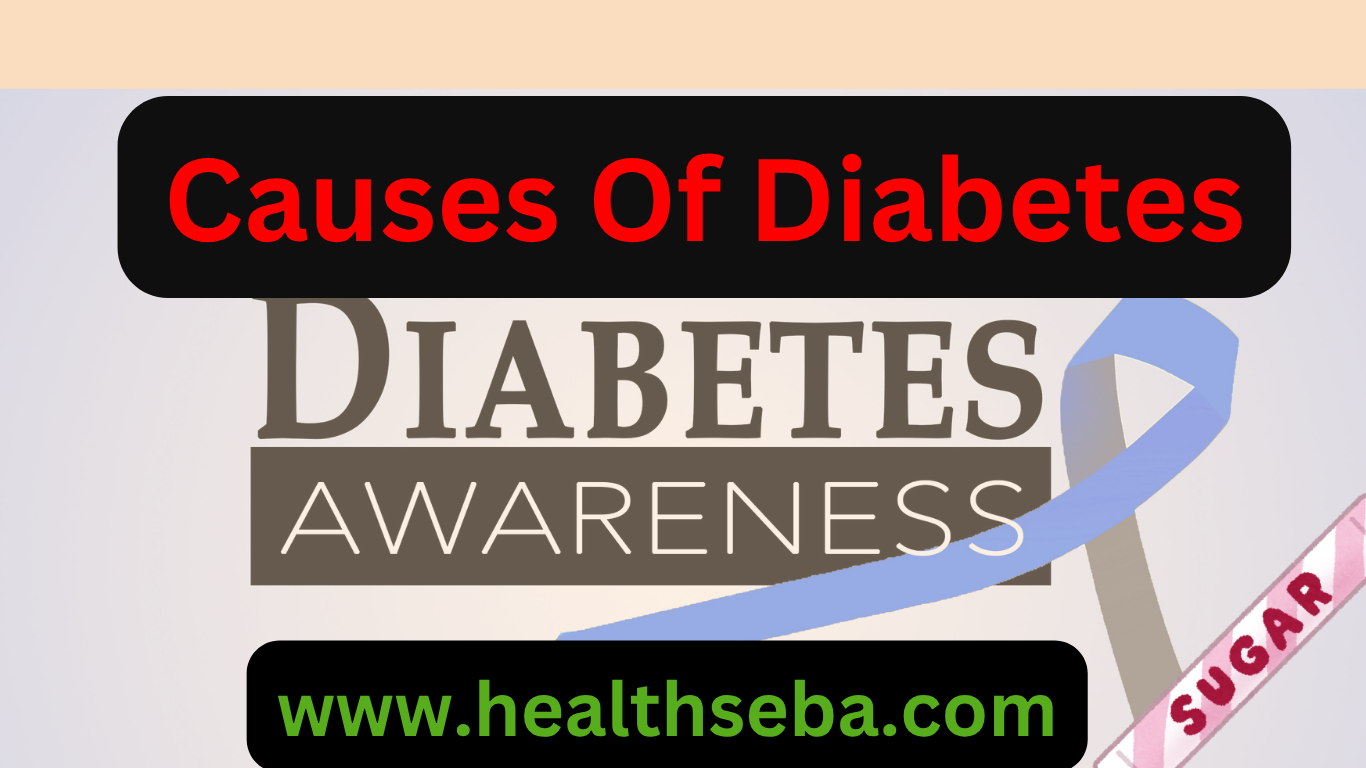Introduction
During pregnancy, the mother’s body demands extra nutrition to support the baby’s proper growth. A balanced diet with vitamins, iron, and calcium strengthens the mother’s health and directly helps the baby’s organs, bones, and blood form. Eating nutrient-rich foods daily boosts energy, improves immunity, and ensures a healthy pregnancy journey.
Important of Vitamins
Vitamin A → Helps in the formation of the baby’s eyes and immune system.
Vitamin B-complex → Increases the mother’s energy and improves brain function.
Vitamin C → Helps in the absorption of iron and increases the mother’s immune system.
Vitamin D → Essential for the baby’s bones and teeth.
Essential of iron
Iron produces hemoglobin in the mother’s body, and this hemoglobin carries oxygen in the blood. A deficiency of iron may lead to anemia, increasing health risks for the mother. Sufficient iron intake also supports the proper development of the baby’s brain and body. In addition, it reduces the risk of excessive bleeding during childbirth.
Sources of iron include: spinach, liver, meat, lentils, eggs, dates, and raisins.
Necessity of calcium
- Calcium is essential for the formation of the baby’s bones and teeth.
- Keeps the mother’s bones and teeth strong.
- Helps in blood clotting and maintaining heart function.
- Helps prevent osteoporosis in mothers after childbirth.
- Sources of calcium: milk, yogurt, cheese, small fish, nuts, eggs.
Supplements on the advice of a doctor
Sometimes food alone does not provide enough vitamins, iron, and calcium during pregnancy. In that case, the doctor may recommend special supplements. A healthcare professional explains why these supplements are necessary and how to take them safely for the best results. Therefore, following medical guidance ensures both the mother’s health and the baby’s proper development.
Conclusion
Taking adequate amounts of vitamins, iron, and calcium during pregnancy is essential because they keep the mother’s body healthy and ensure the baby’s proper growth. However, supplements should not be taken without medical advice. A doctor explains why you need them, how to take the correct dose, and which nutrients matter most for both mother and child. Therefore, consulting a healthcare professional ensures safe and effective pregnancy nutrition.
Related Posts
Histopathology Staining
Introduction Microscopic tissue evaluation depends on color contrast to identify…
